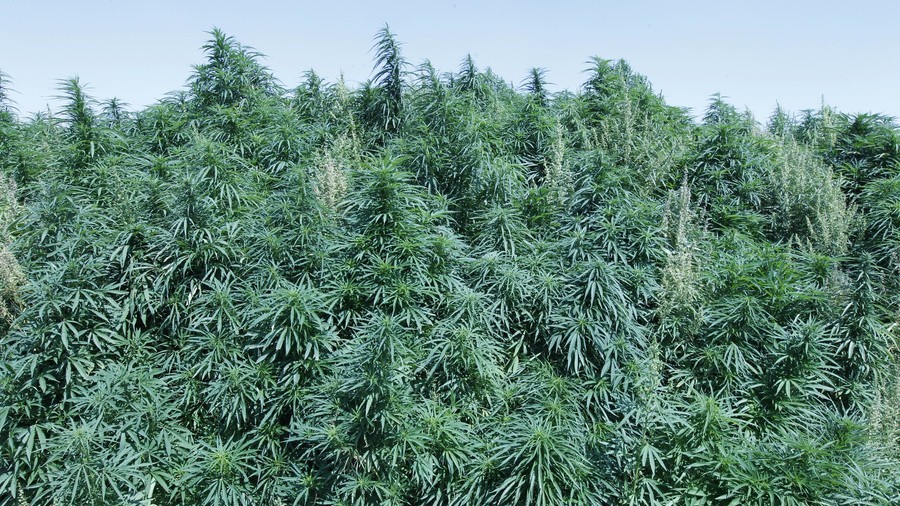A seemingly simple battle over a dispensary location is now “teeing up a fundamental clash between state and federal law,” a federal judge has ruled.
Over the past three decades, a total of 29 U.S. states have challenged federal law by legalizing medical or recreational cannabis. State-legal canna-businesses have faced extreme challenges while setting up shop in the grey area between legality and criminality, but the issue may soon be clarified in federal court, for better or worse.
A federal judge has ruled that a dispute over whether or not a medical marijuana dispensary should be allowed to open in a Pennsylvania mall will be heard in federal court, and the final ruling in this case may set a precedent on the legality of cannabis operations throughout the entire country.
Illinois-based medical cannabis cultivator PharmaCann planned to open a dispensary on the periphery of the Philadelphia Mills shopping center, and received a license from Pennsylvania cannabis regulators allowing them to do so.
The company purchased the site for just over $1 million and planned to break ground on its new dispensary, but Simon Property Group, the owner of Philadelphia Mills, has claimed that the property deed does not allow the site to be used for any “activity or use which is unlawful,” the Tribune-Reviewreports.
Last September, PharmaCann filed a lawsuit against Simon Property Group in the Philadelphia Court of Common Pleas, but the property owner moved the case to a federal court in October.
The canna-business argued that this move was improper, but last week, U.S. District Judge Gene Pratter of the Eastern District of Pennsylvania ruled that the case should stay in federal court.
“The deed to PharmaCann’s property prohibits ‘unlawful’ uses,” Pratter said, according toThe Legal Intelligencer. “That single term opens the door for federal jurisdiction by teeing up a fundamental clash between state and federal law in this case.”
The case hinges on the definition of the term “unlawful,” as the dispensary is fully lawful under Pennsylvania state law, but unquestionably illegal under federal cannabis prohibition laws. The Supremacy Clause of the Constitution mandates that all federal laws override state laws, and legislators and federal courts generally support this clause any time it is challenged.
Pratter noted that this case could have implications for the legality of cannabis in every state, explaining that “if a court were to rule that PharmaCann’s dispensary violated federal law, the Supremacy Clause would cast doubt on the validity of dozens of state marijuana schemes,” the Philadelphia Inquirer reports.
“It’s a case with potentially far-reaching implications,” attorney Bill Roark, co-chairman of the Pennsylvania Bar Association’s Medical Marijuana and Hemp Law Committee, said. “It’s not a new question. But you don’t want a federal court answering it, because you know what they’re going to say. This could create a ripple effect through dozens of states.” Roark explained that the precedent set by the case could allow any landlord to evict any tenant involved in the cannabis industry by taking them to federal court.
Jeremy Unruh, general counsel for PharmaCann, told The Legal Intelligencer that the company may appeal Pratter’s decision to keep the case in federal court. “Rather than viewing this as a local property dispute, the court sees it as an opportunity to roll up its sleeves and examine the greater federalism question,” he said. “We’re simply asking a state court to determine whether a deed restriction on a 26-year-old deed is still relevant in this day and age.”
credit:420intel.com





